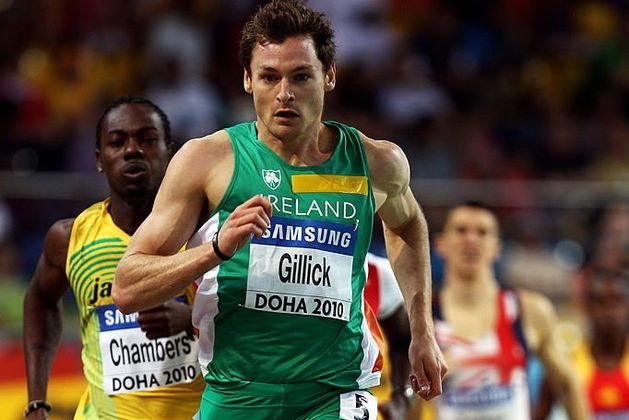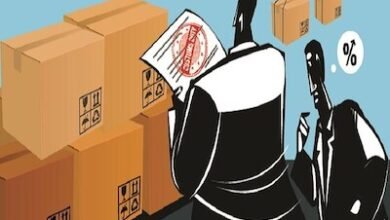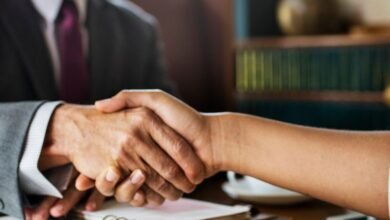David Gillick: ‘I liked having a financial buffer, so I could survive for a couple of months if the s**t hit the fan’

The Ballinteer native became an Olympian in 2008, but retired five years later after an injury. He returned to Ireland, won RTÉ’s Celebrity Masterchef, and then covered the Olympics in Tokyo for the broadcaster in 2021.
The 40-year-old, who lives in Dublin with his wife Charlotte and their three children, is the author of two cookbooks, a sports broadcaster and an ambassador for brands such as Asics.
What did you learn about money from your family when you were growing up?
Mum and Dad worked hard. We didn’t want for anything, but from a young age, you knew if you wanted things you had to work for them.
I was the youngest of four and all of us worked in local shops or pubs. My first job, when I was 15 or 16, was as a pot-washer in a Chinese restaurant in Dundrum. I got paid IR£3 (€3.81) an hour and got chicken balls and chips to take home.
When were you most broke?
Probably coming towards the end of my athletic career. I wasn’t performing at a high level anymore and it was costing me money to try and run. I kept thinking: “What will I do with the rest of my life?”
Is it difficult to earn a living from athletics?
Yes. If you run fast, you’ll potentially make money, as long as you’re performing at a high level, getting sports grants from the Government, and getting sponsorships. You have to hit international standards and do championships – and because almost everything is on a one-year cycle, there’s no luxury of long-term contracts.
However, this is changing, as there are certain brands getting involved in sponsorships, and that’s helping create opportunities for some athletes. It’s all about the hustle. An awful lot of people who compete in the Olympics Games have had to work-part time jobs while representing their country at the highest level. You have to be your own CEO.
When things were going well for me, I would save and be frugal because I knew “this could all change one day”. Getting injured made me conscious of saving my money and that everything can change. I always liked to have a buffer so that if the shit hit the fan, I could survive for a couple of months.
What’s the most expensive place you’ve ever been to?
It was really expensive when we were in Australia. I remember going shopping and everything – from fish to meat – was so expensive that I thought we’d go for kangaroo. My wife is from the UK and she finds Dublin very expensive.
Have you been affected by the housing crisis?
We were lucky enough to get on the property ladder just before things went really crazy, about 10 years ago. We were renting at the time and expecting our first child, and because I was working for myself, we had to jump through an awful lot of hoops to get a mortgage.
What was your best investment?
Moving to the UK to try to get into athletics full time. Things went well off the back of that, and it helped make my career. I was 21 and I had to learn how to shop, pay my own bills, plus how to cook, because my mum had done a lot of stuff for me. There were four of us in the house and we’d make one-pot dishes.
What three things would you not be able to do without if you had to tighten your belt?
My Asics Nimbus runners, ear plugs, and my contact lenses or glasses. I do need to be able to run, sleep and see!
Source link





